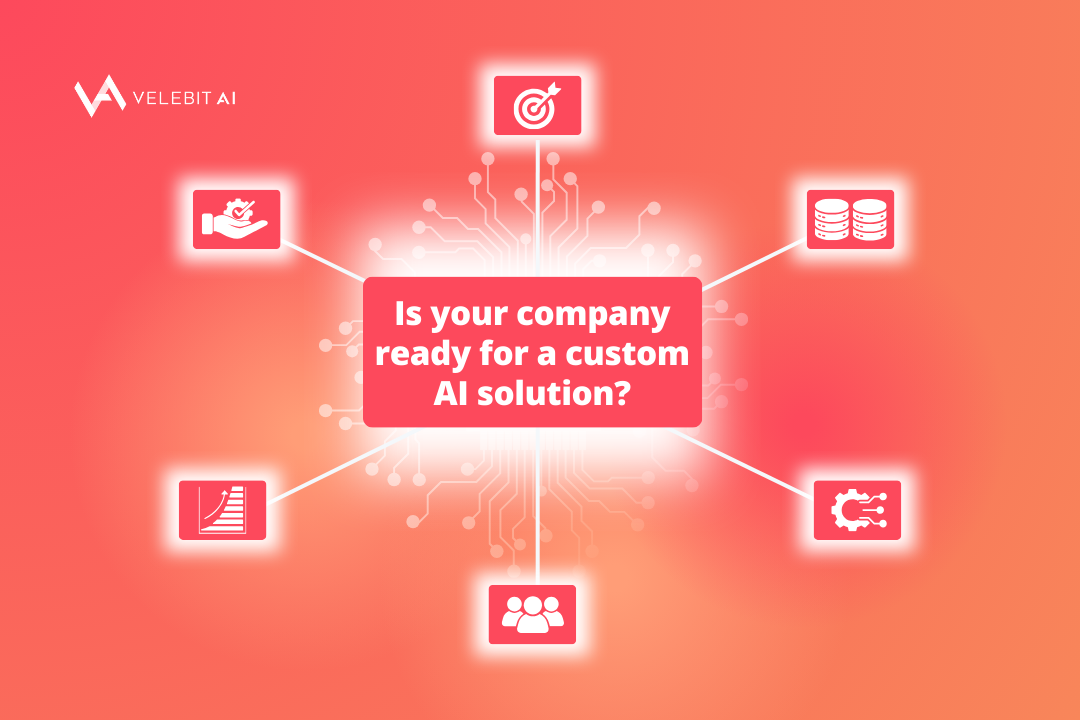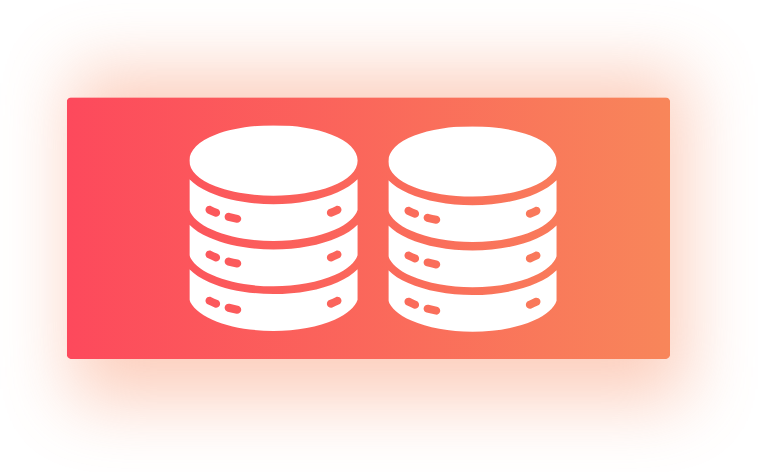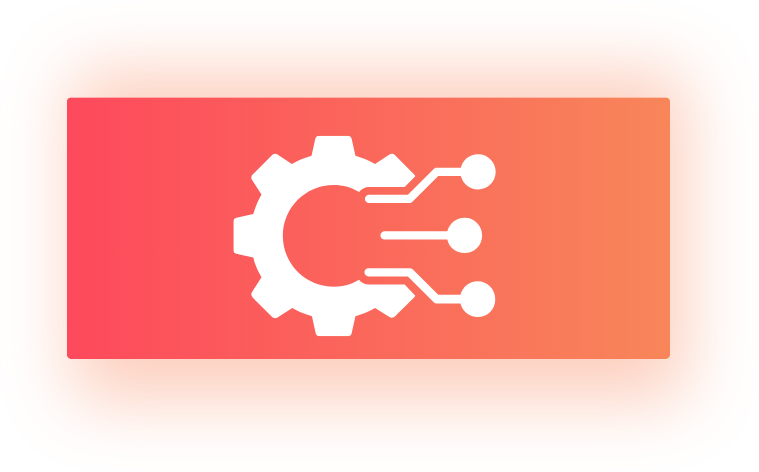


By Mihaela Krznar on May 22, 2025
When we say “AI ready,” we’re not talking about being ready for AI agents/chatbots, co-pilots, or plug-and-play AI tools. We’re talking about building a custom AI solution that solves a problem unique to your company. Systems built to automate your repetitive processes, extract insights from your data and give your team time back.
Off-the-shelf AI solutions can work well for common use cases, and in many cases - they’re a perfectly fine choice. But if you’re trying to solve something unique to your business, one size doesn’t fit all.
Before we talk about what being ready for custom AI solutions really means, let’s address the following question:
If you work with any kind of proprietary data, the answer is probably yes. Data doesn’t have to be only textual files, such as spreadsheets or documents. It can also be images, music or video — anything you collect, process or use to make decisions. AI systems can help you categorize data, enrich it with content moderation, edit it, generate new data and much more.
To build a custom AI solution, you’ll need a significant amount of data. What does that mean? How much is significant? That depends on what you’re doing with your data. If your team is manually handling 200 product listings a week, that might already be enough to make automation worthwhile. On the other hand, if you’re processing thousands of items with software, the needs (and opportunities) might be different.
The point is, you don’t need to be a tech company to benefit from AI. To build an AI system, you need to actually understand your data. If you don’t have an internal team that works closely with this data, you’ll need to bring in external experts who can do it in collaboration with you.
Now, here are the key questions that will act as your cheat sheet for understanding what to consider before starting an AI project.
“Everyone’s using AI – you should too.” Maybe. Maybe not. Just because it’s hyped doesn’t mean it’s right for your business, at least not yet. And yes, AI is here to stay. But jumping in without the right reasons is how companies burn time and money.
If you can’t clearly explain why you want to build a custom AI solution, what it’s meant to solve, and what it should deliver - you’re not ready.

So, start with these basic questions:
Another key consideration: just like people, AI systems make mistakes. It’s a reflection of the data they are trained on. Data also changes over time and labels are done by people who make errors. So it’s important to address what happens when AI gets something wrong and how feedback is handled across the system.
Once you answer these questions, you’ll also have a clearer understanding of what type of AI solutions you need and how complex the build might be. Even relatively simple custom systems usually require annotated data, model experimentation, integration work and ongoing maintenance. So the decision isn’t just “can we build it?” but “can we support it long-term?”
OK, you are ready, but is your data ready as well? AI runs on data like a car runs on fuel – and not just any fuel. A lot of companies assume they have “plenty of data”, until it’s time to train and build AI models. Then these surprises come: your data is not updated, scattered across several forgotten spreadsheets and every other row just shows N/A. Just like a gas engine won’t run on diesel, your AI won’t run on messy data.

AI is only as effective as the data it receives, and poor data quality can lead to inaccurate predictions, biases in AI models, and wasted resources.
You’ve got business goals aligned. You’ve got data. Now it’s time to understand if custom AI solutions will work with what you already use.

Things to consider:
Choosing an AI solution that integrates smoothly with your tech stack will minimize operational disruptions.
A solid AI solution is one that can grow with your company. It should handle growing data volumes, escalating user demands and new challenges that can potentially arise. If an AI solution can’t scale, you risk bottlenecks that undermine both performance and value.
So, when it comes to the scalability of AI solutions, take these into account:

Let’s say you’re automatically tagging product images with certain attributes for an e-commerce site. It works well with 1,000 SKUs. But when you reach 50,000, things might slow down or stop working altogether if you don’t plan the right infrastructure.
Also, AI/ML models are getting massive. That means two things:
So don’t just budget for development. Budget for compute, storage, updates, and ongoing usage.
Okay, maybe we’re a little bit biased on this one, BUT we’ll try to be as objective as possible. By now, we all know that AI models need continuous training and fine-tuning. Neglecting this can lead to outdated algorithms that underperform. That’s why it is important to assess whether you are able to support the structure and know-how internally or through an external vendor/partner.
We can partner with you to build the tech needed and to complement your team with our expert data scientists. People who not only understand AI models, but also how to align them with real business goals (and explain them without a 40-slide deck). We bring the deep technical knowledge and AI/ML experience needed to roll this out across your organization. Read our case studies to see how we implemented AI solutions across different industries.

Here’s what you’ll want to think about:
Yes, there are pros and cons to both options - which is exactly why we’ll be laying it out in detail in the next blog articles. Some teams build in-house and bring in AI & data science consulting for support. Others outsource the whole thing and stay focused on core business. Either way can work, as long as you’re clear on your goals, resources, timelines and budget.
Still not sure where to start? That’s why we offer a Discovery Sprint: a short, structured process to figure out if AI can actually help your business - before you waste time or money.
In just a few sessions, you’ll walk away with:
Book your Discovery Sprint. If AI makes sense for you, we’ll help you build it. If it doesn’t, we’ll tell you that, too.
Technical and business lessons from real AI projects
Partner with us to develop an AI solution specifically tailored to your business.
Contact us